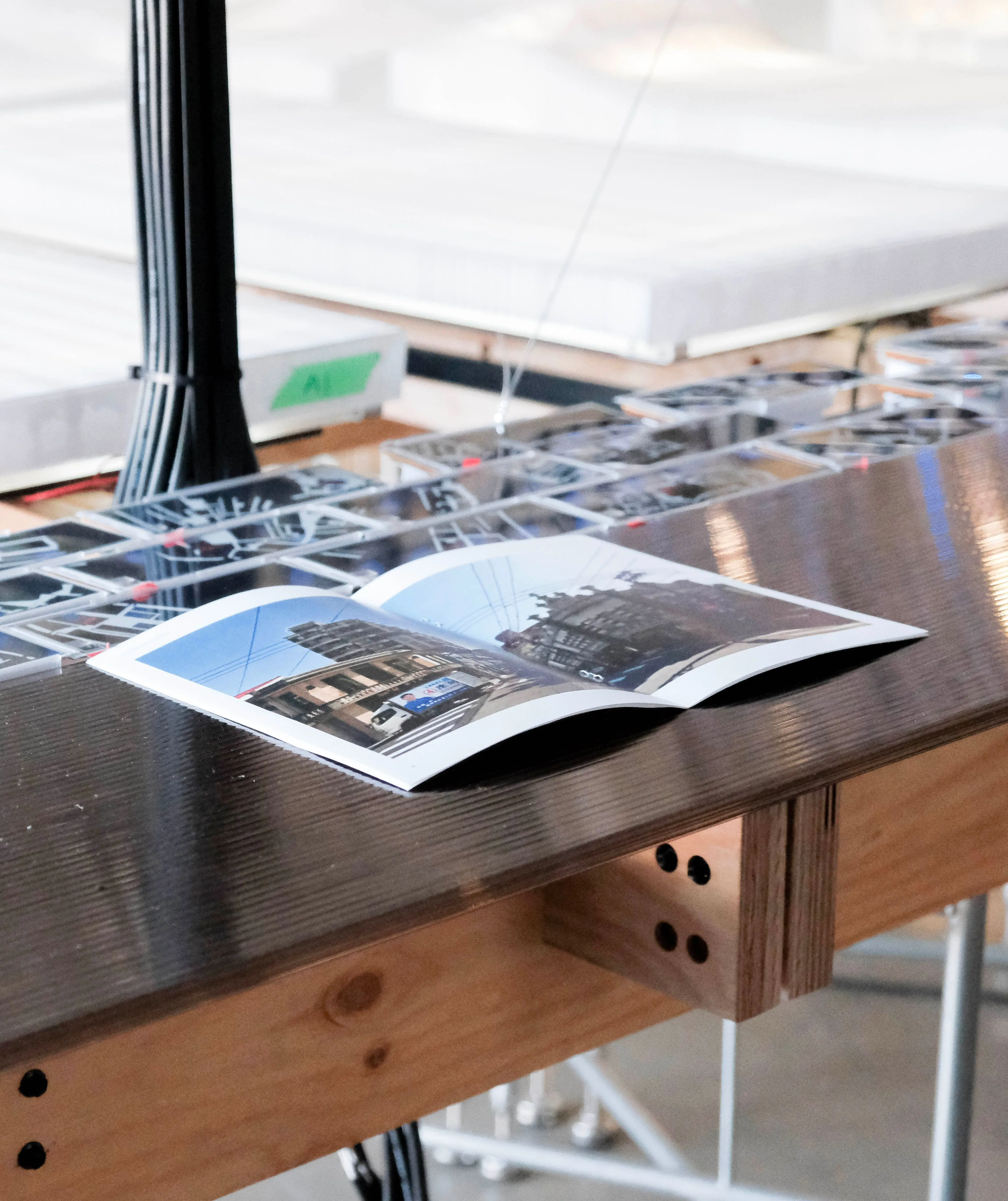PROFILES OF TAIWAN INTELLIGENS
The exhibition features seventeen research operation models, showcasing the diversity of Taiwanese wisdom.
These exhibited works and research outcomes come from real and ongoing architectural projects. They are the result of collaboration between architects’ practical experience and the academic efforts of the Department of Architecture at National Cheng Kung University, starting from teaching as a basis, presenting the dynamic interaction and collision between practice and academia. These architectural cases are framed by three key issues: “Efficiency: NON-Belief in High- Speed,” “Technology: NON-Belief in Chips,” and “Control: NON-Belief in Sensory-Motor.” These topics not only define the exhibition’s focus but also spark discussions within the context of global change.
The multi-scale architectural research and prototypes in the exhibition deeply explore and reflect on the core of current high technology, high-speed development, and control, while using perspectives such as “Tactical Interdependence Systems,” “Infrastructural Flux,” “Embodied Resilience,” and “Adaptive Assemblage” to construct the framework for interpreting the exhibition. These insights stem from the island environment we collectively shape, viewing it as a key to solving global climate change and systemic inequities. The exhibited content covers: solutions as tools for socioecological design, the integration of digital technology, and responses to and resistance against the multiple political and environmental crises we currently face. Through these research and proposals, Taiwanese wisdom offers inspiration and reference for the dispersed inhabitants in the drifting world, demonstrating how to find solutions in an unstable global context.
